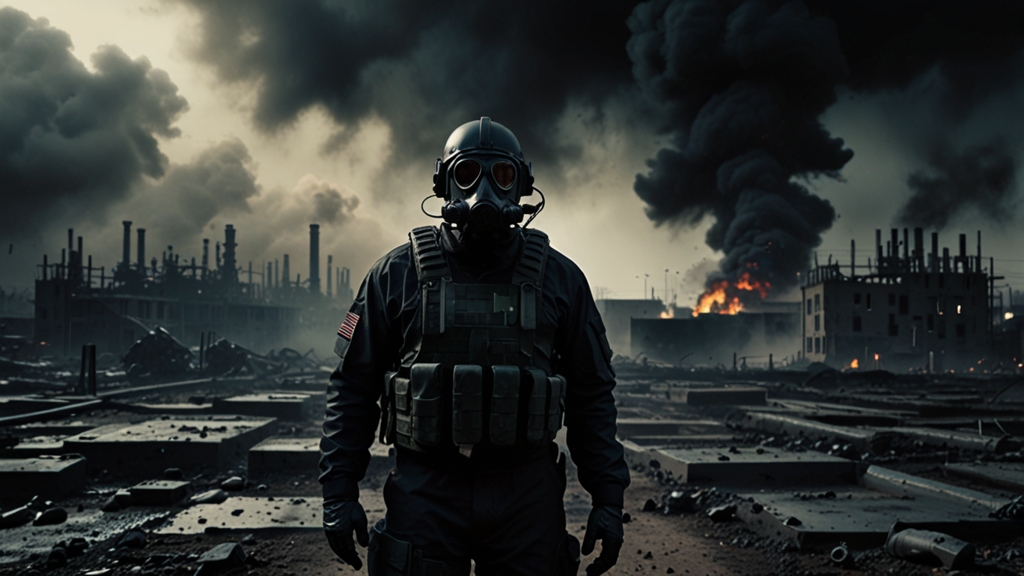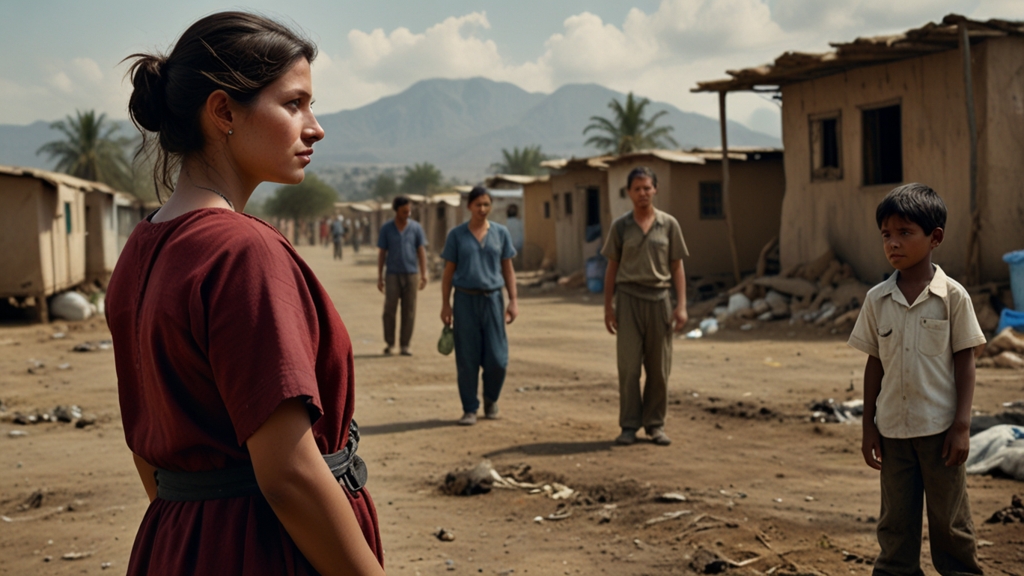Chemical Warfare: The Dark History and Ethical Dilemmas
Chemical warfare represents one of the most grim and controversial aspects of human conflict. The deployment of chemical agents to incapacitate, harm, or kill opponents in war has not only caused unspeakable suffering but has also raised profound ethical questions about the conduct of military operations and the protection of civilian lives. This article delves into the historical context of chemical warfare and examines the enduring ethical dilemmas it presents.
The Historical Context of Chemical Warfare
The use of chemical substances in warfare dates back to antiquity, but it was during the First World War that chemical warfare emerged on a massive scale. On April 22, 1915, at the Second Battle of Ypres, the German Army unleashed chlorine gas, marking the first large-scale use of chemical weapons on the battlefield. This moment ushered in a terrifying new era where clouds of gas drifted across no-man's-land, sowing panic and death among troops.
The aftermath of World War I saw the development of even more lethal chemical agents, including mustard gas and phosgene. Despite widespread condemnation and the signing of the 1925 Geneva Protocol, which prohibited the use of chemical and biological weapons in war, the threat of chemical warfare persisted. During World War II, although chemical weapons were not used extensively on the battlefield, their potential for devastation led both the Axis and Allied powers to stockpile vast quantities.
"Even in war, there are limits. Chemical weapons breach those limits, causing unimaginable suffering and indiscriminate harm. Their repeated use threatens the fabric of human civilization." - United Nations Secretary-General António Guterres
Modern Instances and Proliferation
In the decades following World War II, chemical weapons remained a looming threat. The Cold War era saw superpower nations build extensive arsenals of chemical agents. Despite various efforts to control their proliferation, incidents of chemical attacks continued to be reported. One of the most infamous instances came in 1988, when Iraqi forces used chemical weapons against Kurdish civilians in Halabja, resulting in thousands of deaths and long-lasting health issues for survivors.
The Chemical Weapons Convention (CWC) of 1993 marked a significant milestone, as it sought to eliminate an entire category of weapons of mass destruction. To date, numerous states have ratified the CWC, and international efforts have led to the destruction of significant stockpiles of chemical weapons. However, enforcement challenges and non-state actors’ acquisition of chemical agents continue to pose significant risks.
Ethical Dilemmas of Chemical Warfare
One of the most pressing ethical questions surrounding chemical warfare is the issue of proportionality and distinction. Military ethics and international humanitarian law (IHL) dictate that combatants must distinguish between military targets and civilians, and any attack must be proportional to the military advantage gained. Chemical weapons, by their very nature, make distinction and proportionality exceedingly difficult to uphold due to their indiscriminate effects.
"Chemical weapons inflict misery on a scale that no human being should have to endure. Their use in any circumstance is inherently abhorrent and incompatible with the norms of civilized conflict." - International Committee of the Red Cross (ICRC)
Additionally, the long-lasting impacts of chemical agents raise ethical concerns about environmental damage and generational harm. Unlike conventional weapons, chemical agents can have persistent effects that contaminate ecosystems and cause health issues for years or even decades after their deployment. The intergenerational harm inflicted upon civilians challenges the moral justification of using such weapons, even in dire conflicts.
The ethical dilemmas also extend to the realm of deterrence and disarmament. Some argue that possessing chemical weapons serves as a deterrent against adversaries who might otherwise use them. However, this stance perpetuates an arms race and increases the risk of accidental or unauthorized use. The moral imperative to disarm and eliminate these weapons is continually weighed against perceived security benefits.
Conclusion
Chemical warfare stands as a stark reminder of the depths of human ingenuity in the pursuit of violence and the profound ethical challenges that arise in its wake. While historical lessons and international treaties have sought to curtail the use of chemical weapons, the specter of chemical warfare remains a troubling reality. As the global community continues to grapple with these ethical dilemmas, there remains an ever-pressing need to reaffirm our commitment to the principles of humanity and justice, ensuring that such dark chapters of history do not repeat themselves.










